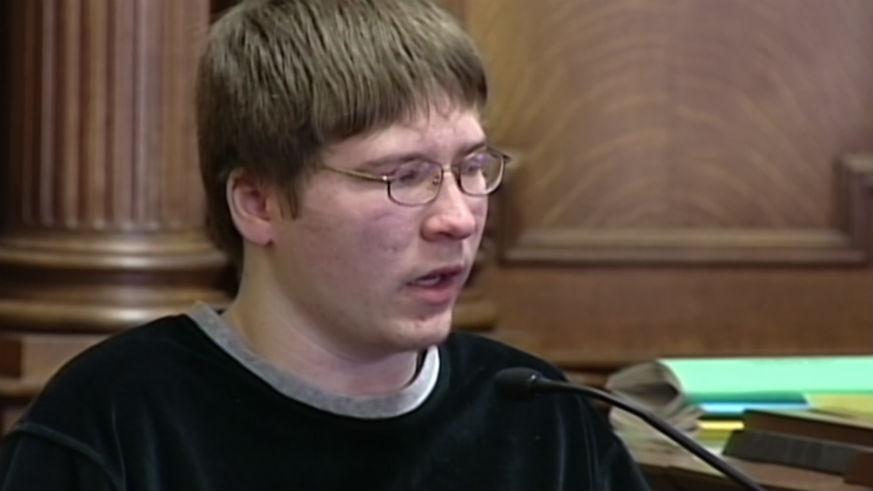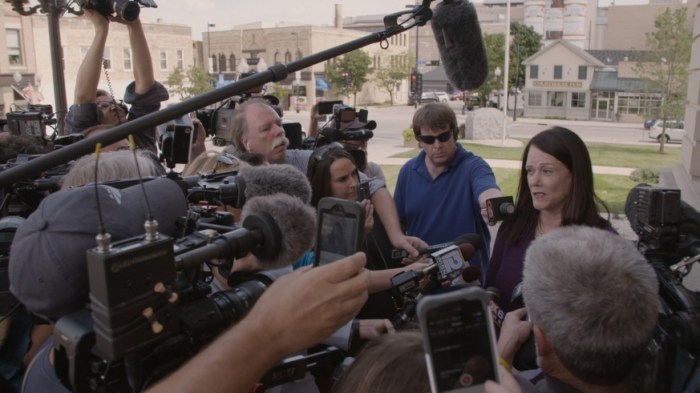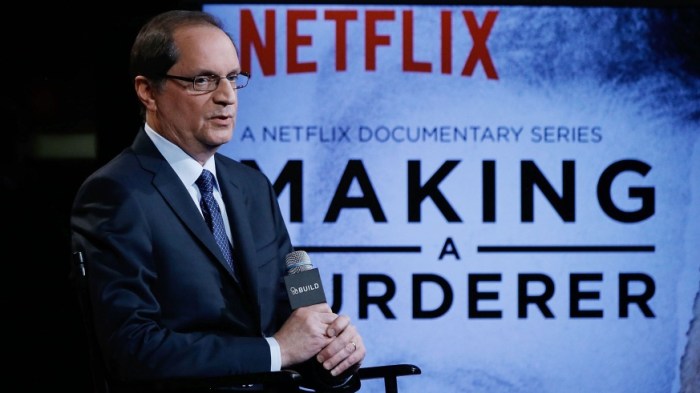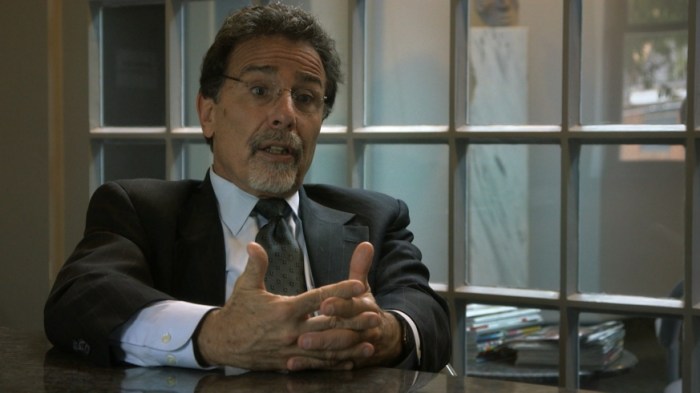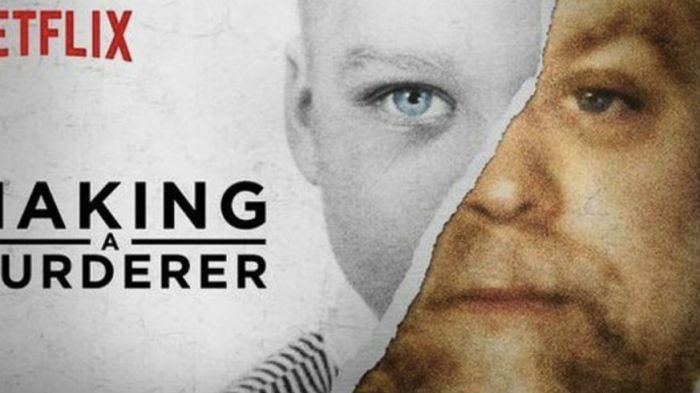The confession of a Wisconsin inmate featured in the Netflix series “Making a Murderer” was coerced, and Brandan Dassey should be freed from prison, federal court judges ruled.
In a 2-1 decision issued Thursday, the U.S. Court of Appeals for the 7th Circuit upheld the August 2016 decision by Federal Magistrate William Duffin of Milwaukee.
Steven Drizin, one of Dassey’s lawyers, tweeted: “THIS JUST IN. 7th Circuit AFFIRMS Judge Duffin in 2-1 decision. This round goes to Brendan Dassey, 2-1.”
Hurrah! 7th Circuit AFFIRMS decision that Brendan’s confess was involuntary. Here’s full decision. #MakingAMurderer https://t.co/WCqhA8JQNc
— Jerome Buting (@JButing) June 22, 2017
Duffin ruled that Dassey’s constitutional rights were violated when investigators for the prosecution made multiple false promises.
Upholding Duffin’s decision, the federal judges concluded:
“All agree that the governing constitutional standard for the voluntariness of a confession depends on the totality of the circumstances. The state courts recognized that standard and applied it reasonably to the facts before them. As in most cases on voluntariness of confessions, relevant factors point in conflicting directions. A few factors and passages from Dassey’s confession support the majority’s view that the confession was not voluntary. Many other factors and passages support the state courts’ view that, overall, the confession was voluntary. The Wisconsin Court of Appeals could have been much more thorough in its discussion, but its conclusion was within the bounds of reason. It was not contrary to or an unreasonable application of controlling Supreme Court precedent. We should reverse the district court’s grant of the writ of habeas corpus.”
Duffin ordered Dassey freed in November, but his release was halted while Wisconsin authorities appealed the decision. The same court that upheald Duffin’s ruling previously denied Dassey’s request for release pending the appeals process.
The ruling does not mean that Dassey, who was 16 at the time of his arrest, will be a free man. The state can still appeal to the Supreme Court or retry Dassey without the confession.
“We anticipate seeking review by the entire 7th Circuit or the United States Supreme Court and hope that today’s erroneous decision will be reversed,” Johnny Koremenos, a spokesman for Wisconsin Attorney General Brad Schimel, said in an email.
Dassey, now 27, was convicted for the 2005 murder of freelance photographer Teresa Halbach. A jury in 2007 found him guilty of first-degree intentional homicide, second-degree sexual assault and mutilation of a corpse. His uncle, Steven Avery, also is serving a life sentence for first-degree intentional homicide and unlawful possession of a firearm as a felon.
Avery’s story, intertwined with Dassey’s, was the subject of the 10-part Netflix original series “Making a Murderer.” The documentary recounted how Avery was convicted of an earlier, unrelated rape and sent to prison in 1985, serving 18 years before DNA evidence exonerated him and he was released.
He filed a $36 million federal lawsuit against the county, its former sheriff and district attorney in 2004. A year later, he and Dassey were accused of killing Halbach.
The Emmy-winning documentary suggested that authorities planted evidence against both defendants, a claim rejected by the current sheriff.
Dassey, who has a learning disability, told detectives that he helped his uncle rape and kill Halbach in the Avery family’s Manitowoc County salvage yard. Avery was sentenced to life in prison in a separate trial.
During one of the taped confessions, Dassey told investigators that he just wants to go home and watch wrestling. His wavering story about his alleged involvement convinced many “Making a Murderer” viewers that he was improperly influenced by investigators.
Reuters contributed to this report.

